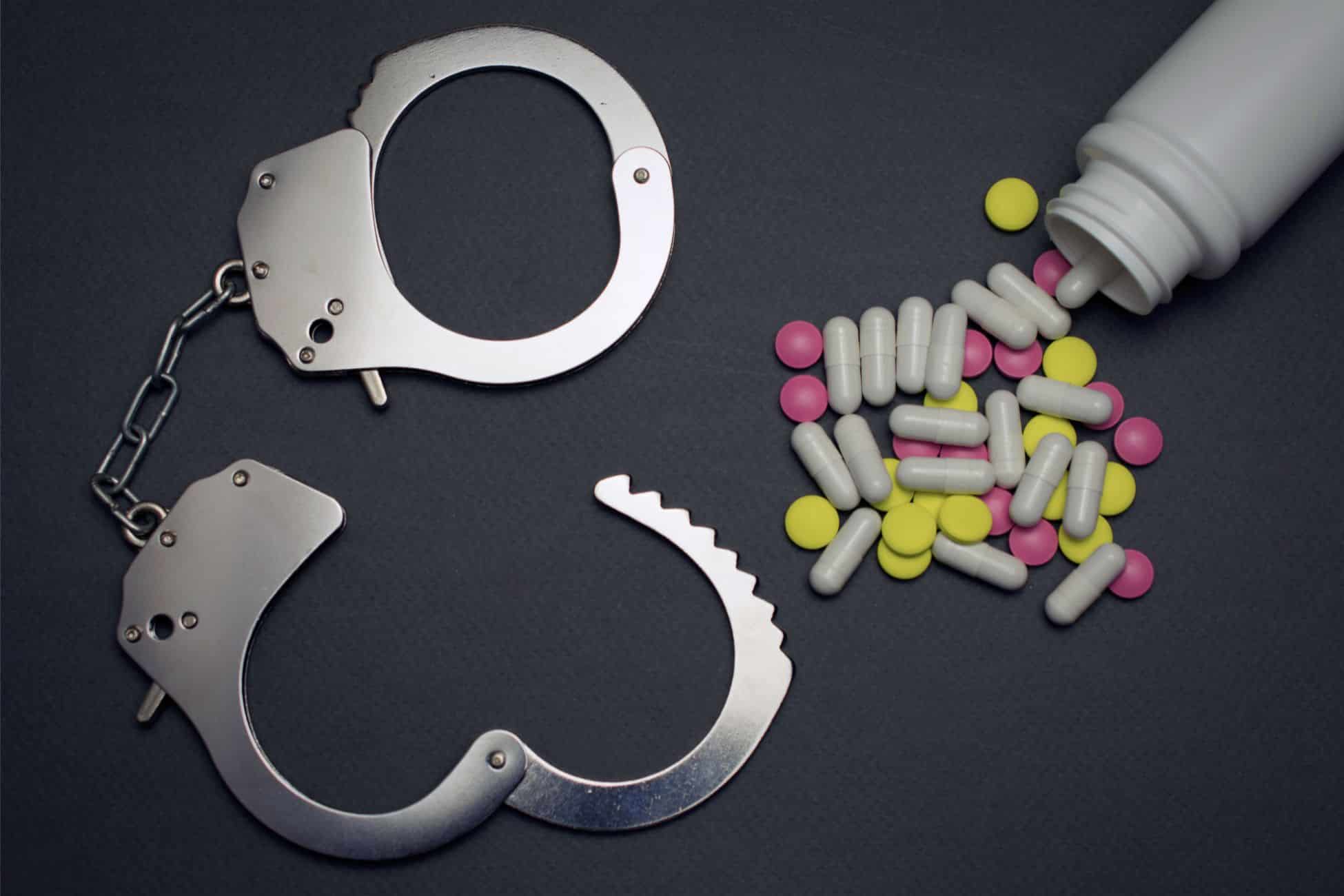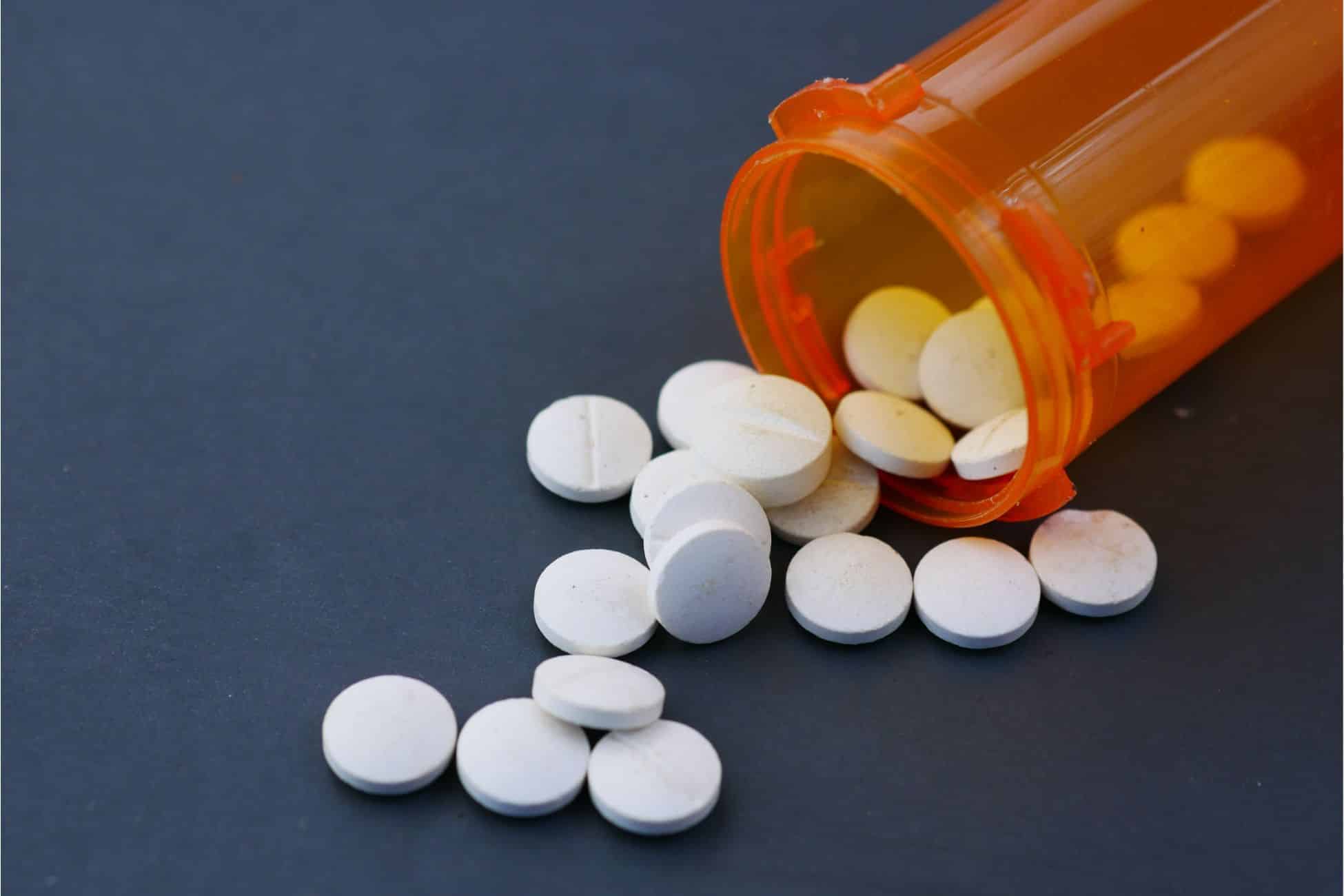Prescription Drug Offenses: Exploring the Misuse of Prescription Medication and the Legal Consequences in Canada
Prescription drugs are medications that are legally prescribed by a doctor or other healthcare professional to treat a specific medical condition. Unfortunately, prescription drug abuse has become a growing problem in Canada. People who misuse prescription drugs often do so for recreational purposes or to self-medicate, without a doctor’s supervision.
The misuse of prescription medication is a serious offense in Canada and can result in legal consequences. It is important to understand the laws and regulations surrounding prescription drugs to avoid potential legal trouble. In this blog post, we will explore the misuse of prescription drugs and the legal consequences that can result in Canada. We will also provide information on how to properly dispose of unused medication and steps you can take to prevent prescription drug abuse.
What penalties can be imposed for pharmaceutical crimes involving opioids?
Pharmaceutical crimes involving opioids are treated as serious offences and can result in severe penalties. Opioids are classified as controlled substances due to their potential for abuse and addiction. The penalties for pharmaceutical crimes involving opioids vary depending on the nature of the offence, the quantity of drugs involved, and the offender’s criminal history.
In general, penalties for pharmaceutical crimes involving opioids can include imprisonment, fines, and/or community service. Individuals convicted of these crimes may face sentences ranging from several months to several years in prison, depending on the severity of the offence. In addition to imprisonment, offenders may also be required to pay hefty fines or perform community service.
Offences involving opioids can be classified as either possession, distribution, or manufacturing. Possession of opioids without a valid prescription is considered a criminal offence and can result in penalties such as imprisonment and fines. Distribution of opioids, whether for financial gain or not, can result in even more severe penalties. Manufacturing opioids carries the harshest penalties, as it is considered a serious offence that puts individuals and communities at risk.
Penalties for pharmaceutical crimes involving opioids can also be affected by the offender’s criminal history. Individuals with a prior criminal record or history of drug addiction may face more severe penalties than first-time offenders.
Besides opioids, strict penalties also apply to pharmaceutical crimes involving other controlled substances like stimulants and benzodiazepines. Sanctions for offenses concerning these substances could encompass incarceration, monetary fines, and community service, akin to the penalties for opioid-related offenses.
What legal action is taken against those found guilty of abusing benzodiazepines?
Benzodiazepines are a class of controlled substances that are often prescribed for the treatment of anxiety, insomnia, and seizures. However, these drugs can also be abused for their sedative and calming effects, leading to addiction and dependence. In the United States, the abuse of benzodiazepines is taken seriously by law enforcement, and those found guilty of such abuse can face severe legal consequences.
The penalties for benzodiazepine abuse vary depending on the nature and severity of the offense. For possession of benzodiazepines without a valid prescription, the penalties can include fines, imprisonment, or both. The severity of the penalties may also depend on the amount of the drug in possession and whether or not the person has prior convictions for drug offenses.
For those found guilty of trafficking or distributing benzodiazepines, the penalties can be even more severe. The distribution of these drugs is considered a felony offense and can result in lengthy prison sentences and substantial fines. The penalties may also depend on the amount of the drug being distributed and whether or not the person has prior convictions for drug offenses.
In addition to these penalties, those found guilty of abusing benzodiazepines may also face other legal consequences, such as loss of their driver’s license, probation, and mandatory drug treatment programs. These consequences are designed to help the individual break the cycle of addiction and prevent future drug-related offenses.

Are there fines associated with prescription drug offenses in Canada?
Yes, there are fines associated with prescription drug offenses in Canada. The Controlled Drugs and Substances Act (CDSA) is the primary legislation that governs the handling, trafficking, and possession of controlled substances in Canada, including prescription drugs.
Under the CDSA, penalties for prescription drug offenses can range from fines to imprisonment. The severity of the penalty depends on the type and quantity of the drug, as well as the nature of the offense.
For example, a first-time offender found in possession of a small amount of a prescription opioid may face a fine of up to $1,000, while a second offense may result in a fine of up to $2,000 and/or imprisonment of up to six months.
On the other hand, a person convicted of trafficking prescription opioids may face a maximum penalty of life imprisonment, while trafficking of other controlled substances such as stimulants and benzodiazepines can result in penalties of up to 10 years imprisonment.
It is important to note that fines and imprisonment are not the only penalties associated with prescription drug offenses in Canada. A conviction for a drug offense can have a significant impact on a person’s life, including restrictions on travel, employment opportunities, and even custody of children.
To conclude, Canada treats prescription drug offenses with gravity, leading to potential consequences such as fines, incarceration, and other life-changing sanctions. If faced with drug-related charges, it is crucial to obtain legal counsel to safeguard your rights and ensure appropriate representation throughout the process.
Is imprisonment a potential consequence of misusing prescription medication?
Yes, imprisonment is a potential consequence of misusing prescription medication that is classified as a controlled substance, including opioids, stimulants, and benzodiazepines. The enforcement of controlled substance laws and regulations is taken very seriously, with penalties ranging from fines to lengthy prison sentences.
A conviction for a controlled substance offense can result in a range of sentences, depending on the specific offense and the jurisdiction where the offense occurred. For example, a first-time offender who is found guilty of possessing an illegal prescription opioid may face a fine and a short-term imprisonment, while a repeat offender or someone caught trafficking controlled substances may face much more severe penalties, such as longer prison sentences.
It is important to note that prescription medication misuse is a serious problem that can lead to addiction, overdose, and other negative outcomes. Misusing prescription medication is not only illegal, but it can also put individuals and their loved ones at risk of serious harm. If you or someone you know is struggling with prescription medication misuse, it is important to seek help from a qualified healthcare professional or addiction specialist.

What is the legal process for individuals charged with a prescription drug crime?
When individuals are charged with a prescription drug crime, the legal process involves several stages, each of which requires different levels of engagement and representation from both the accused and their legal counsel. The following is an overview of the legal process for individuals charged with a prescription drug crime.
- Investigation and Arrest
The initial phase of the legal process involves an investigation by law enforcement agencies to gather evidence against the accused. Once the investigation is complete, the authorities may arrest the accused and charge them with a prescription drug crime.
- Arraignment
During arraignment, the accused is brought before a judge to hear the charges filed against them. The judge will also ask the accused to enter a plea of guilty or not guilty. If the accused pleads guilty, they will be sentenced as per the law. However, if they plead not guilty, the case will move to the next stage.
- Pre-trial Proceedings
Pre-trial proceedings involve various activities, including evidence gathering, witness interviews, and plea negotiations. At this stage, the defense attorney may file motions to suppress evidence or dismiss the case altogether.
- Trial
If the case goes to trial, the prosecution must prove beyond a reasonable doubt that the accused committed the crime. The defense attorney will present the accused’s side of the case and cross-examine the prosecution witnesses. After hearing both sides, the judge or jury will deliver a verdict.
- Sentencing
Upon the accused’s conviction, the judge will determine and impose an appropriate sentence based on the nature of the crime and relevant legal guidelines.
Are there regulations that limit the use and distribution of pharmaceuticals in Canada?
Yes, there are regulations in Canada that limit the use and distribution of pharmaceuticals. These regulations are in place to ensure that pharmaceuticals are used safely and appropriately, and to prevent their misuse and abuse.
Pharmaceuticals are classified as controlled substances under Canadian law, and their use and distribution is governed by the Controlled Drugs and Substances Act (CDSA). The CDSA sets out a framework for the regulation of controlled substances, including opioids, stimulants, and benzodiazepines.
Under the CDSA, it is illegal to possess, produce, or traffic controlled substances unless authorized by law. Those who are found guilty of violating the CDSA may face penalties, including fines and imprisonment. The penalties for CDSA offences vary depending on the type and quantity of the substance in question and may include mandatory minimum sentences for certain offences.
In addition to the CDSA, there are other regulations that govern the use and distribution of pharmaceuticals in Canada. For example, Health Canada is responsible for regulating the safety, efficacy, and quality of pharmaceuticals and for ensuring that they are manufactured and distributed in accordance with Good Manufacturing Practices (GMP).
Health Canada also sets out guidelines for the prescribing and dispensing of pharmaceuticals, including requirements for prescription pads and storage and handling of drugs. Pharmacists are also subject to regulations governing their practice, including requirements for continuing education and professional conduct.

What kind of information is necessary to obtain a legal prescription for opioids?
Obtaining a legal prescription for opioids requires a thorough understanding of the regulations surrounding the controlled substances. Controlled substances are drugs that have the potential for abuse and addiction and are therefore tightly regulated by the government. In the United States, the Drug Enforcement Administration (DEA) oversees the enforcement of these regulations.
To obtain a legal prescription for opioids, a patient must first visit a licensed healthcare provider who has the authority to prescribe these substances. The healthcare provider will evaluate the patient’s medical condition, taking into account their pain levels, medical history, and any other relevant factors.
If the healthcare provider determines that an opioid medication is appropriate, they will issue a prescription. The prescription must include specific information, such as the patient’s name, the name of the medication, the dosage, and the frequency of use. Additionally, the prescription must be signed by the healthcare provider and include their DEA registration number.
Patients must present the prescription to a licensed pharmacy in order to obtain the medication. The pharmacy will verify the prescription, checking for any potential signs of forgery or fraud. If the prescription is valid, the medication will be dispensed to the patient.
It is important to note that the misuse or abuse of opioids and other controlled substances is illegal and can result in severe penalties. Convictions for offenses related to controlled substances can result in fines, imprisonment, and other serious consequences. Therefore, it is crucial to follow all regulations and guidelines for obtaining and using these medications in a safe and legal manner.
Are there any preventive measures in place to stop the misuse of prescription drugs?
The misuse of prescription drugs has become a major public health concern worldwide, with devastating effects on individuals, families, and communities. To address this problem, governments and healthcare professionals have implemented various preventive measures aimed at reducing the availability and accessibility of controlled substances, enforcing laws and regulations, and educating the public about the risks and consequences of prescription drug misuse.
One of the primary preventive measures is the regulation of controlled substances by government agencies, such as the US Drug Enforcement Administration (DEA) and the European Medicines Agency (EMA). These agencies monitor and control the production, distribution, and use of controlled substances, including opioids, stimulants, and benzodiazepines, to ensure that they are used for legitimate medical purposes and not for illicit or recreational purposes.
In addition, governments have enacted laws and regulations to deter and penalize prescription drug misuse. For instance, in the US, a conviction for trafficking or distributing controlled substances can result in lengthy imprisonment sentences and hefty fines. Similarly, in the UK, offences related to prescription drug misuse can lead to imprisonment, fines, or community service, depending on the severity of the offence.
Healthcare professionals hold a vital position in averting prescription drug misuse by following best practices in prescribing, overseeing, and informing patients about the risks associated with controlled substances. For example, healthcare providers can employ prescription drug monitoring programs (PDMPs) to track patients’ prescription drug histories and identify possible misuse or abuse. Additionally, they can educate patients on the correct usage, storage, and disposal of these medications to minimize the risk of misuse.
Conclusion
In conclusion, prescription drug offenses in Canada encompass a range of activities, including the misuse of prescription medications, which can lead to significant legal consequences. As the country continues to address the challenges associated with the abuse of prescription drugs, it is crucial for individuals, healthcare professionals, and law enforcement agencies to work collaboratively in preventing misuse, ensuring responsible prescribing practices, and upholding the law. By understanding the severity of these offenses and staying informed about the legal implications, individuals can make better choices and contribute to a safer and healthier society in Canada.
Need help with a drug related charge? Get in touch with our expert lawyers and let’s get defended.
Contact Calvin Barry Today.
Contact an experienced criminal defence lawyer in Toronto to fight for your case.